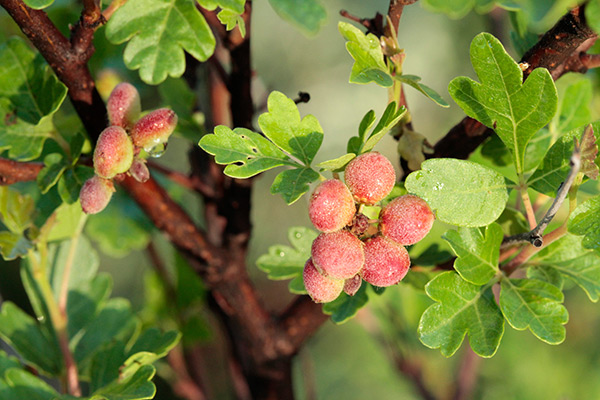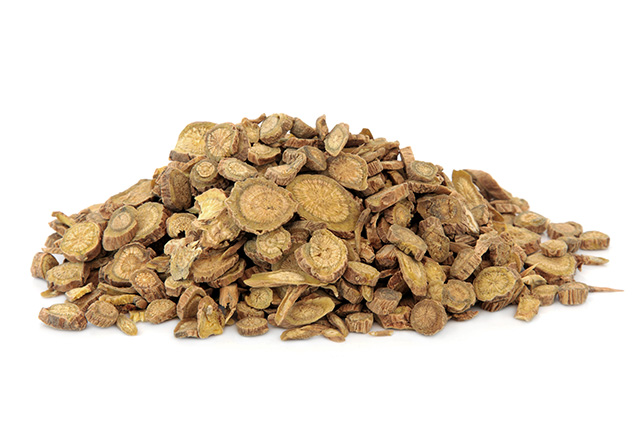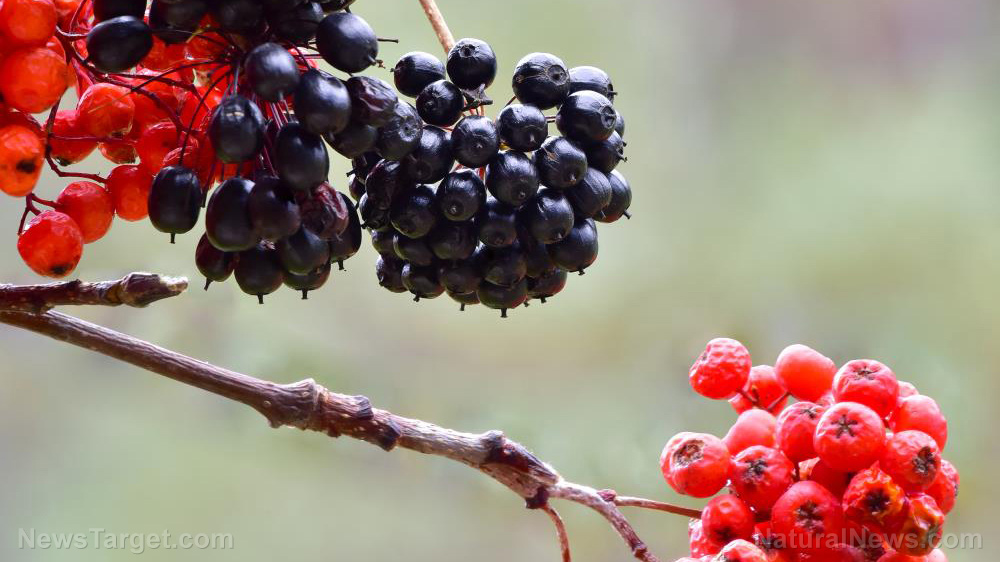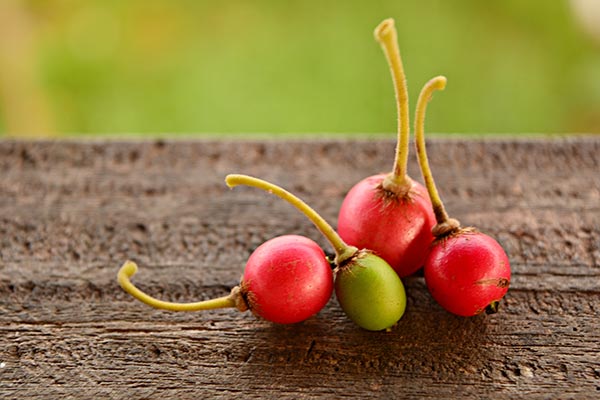Investigating the anti-cancer potential of the Rhus trilobata (sourberry) herb
06/02/2020 / By Evangelyn Rodriguez

Mexican researchers evaluated the biological activity of Rhus trilobata (skunkbush sumac or sourberry) against colorectal adenocarcinoma cells, determined its acute toxicity and analyzed its phytochemical composition. Their findings were published in the journal BMC Complementary and Alternative Medicine.
- R. trilobata (RHTR) is native to Mexico and is traditionally used as an alternative medicine for several types of cancer.
- However, not much is known about its phytochemical content and toxicity.
- To address this, the researchers prepared an aqueous extract (AE) and concentrated flavonoid fraction (FF) using RHTR stems.
- They evaluated the biological activity of both on colorectal adenocarcinoma (CACO-2), ovarian epithelium (CHO-K1) and lung/bronchus epithelium (BEAS-2B) cells.
- The researchers used female BALB/c mice given 200 mg/kg of AE and FF to evaluate RHTR toxicity 24 hours and 14 days after intraperitoneal administration.
- They also performed histopathological and phytochemical analyses to assess biochemical markers and identify the active compounds in RHTR, respectively.
- The researchers reported that AE and FF at five and 18 mcg/mL decreased the viability of CACO-2 cells, inducing changes in cell morphology and apoptosis.
- Anatomical and histological analyses of mice organs did not reveal important pathological lesions at the time of assessment.
- Biochemical markers of toxicity remained normal and showed no differences between the treatment and control groups after 24 hours and 14 days of treatment.
- The researchers found 173 compounds in AE, primarily flavonoids, fatty acids and phenolic acids.
- The most abundant compounds in AE and FF were quercetin and myricetin glycosides, methyl gallate, epigallocatechin-3-cinnamate, B-PGG, fisetin and margaric acid, which may be responsible for RHTR’s anti-cancer activity.
Based on these findings, the researchers concluded that R. trilobata is a selective anti-cancer agent that is not toxic to healthy cells.
Read the full study at this link.
Journal Reference:
Varela-Rodriguez L, Sanchez-Ramirez B, Rodriguez-Reyna IS, Ordaz-Ortiz JJ, Chavez-Flores D, Salas-Munoz E, Osorio-Trujillo JC, Ramos-Martinez E, Talamas-Rohana P. BIOLOGICAL AND TOXICOLOGICAL EVALUATION OF RHUS TRILOBATA NUTT. (ANACARDIACEAE) USED TRADITIONALLY IN MEXICO AGAINST CANCER. BMC Complementary and Alternative Medicine. 01 July 2019;19(1). DOI: 10.1186/s12906-019-2566-9
Tagged Under: alternative medicine, anticancer, cancer cures, cancer treatment, natural cures, natural medicine, phytonutrients, plant medicine, research, skunkbush sumac, sourberry



















